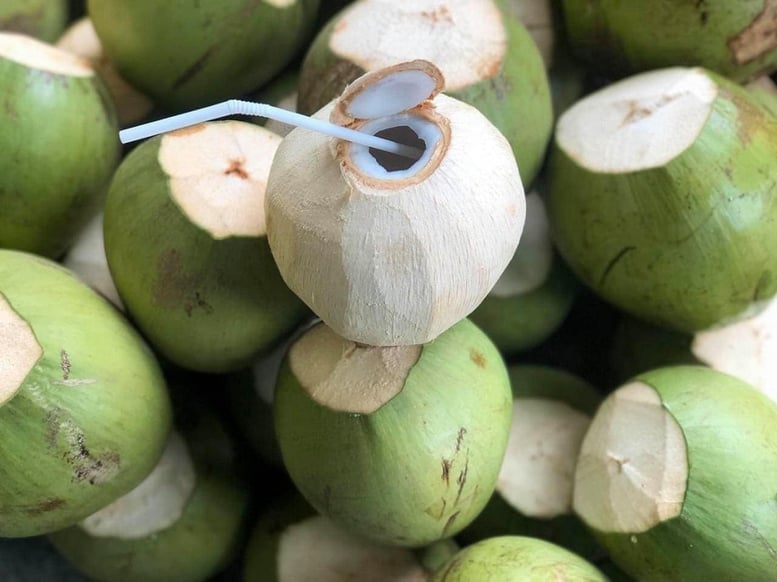
The United States and China have officially opened the door to official imports of fresh Vietnamese coconuts - Photo: VGP/Do Huong
Asserting a new position
After more than a decade of efforts from localities, businesses and the Vietnam Coconut Association, this fruit associated with Southern culture has affirmed its new position, opening up the prospect of joining the billion-dollar agricultural product group. However, to maintain growth momentum and compete with "giants" such as Thailand, the Philippines or Indonesia, the Vietnamese coconut industry needs to remove many bottlenecks in growing areas, varieties, brands and logistics.
Vietnamese fresh coconuts have made a strong impression thanks to the support of many parties, from farmers, businesses to management agencies. According to the Department of Crop Production and Plant Protection, Ministry of Agriculture and Environment (MARD), coconut export turnover in 2024 reached nearly 1.1 billion USD, surpassing the billion USD mark for the first time in 14 years, with important contributions from fresh coconuts. The two largest markets in the world, the United States and China, have officially opened official imports, creating great momentum for the industry. Currently, Vietnamese coconuts are present in more than 40 countries, with export output reaching 30,000 tons in 2023 and expected to increase sharply in the coming years.
This transformation is driven by the development of more than 250 processing facilities, of which 80 enterprises focus on deep processing, along with the emergence of large-scale coconut farms.
With an area of about 200,000 hectares, Vietnam ranks 7th in the world in terms of coconut growing area, supplying 2 million tons/year. The Siamese coconut, with its characteristic sweet taste, has been granted geographical indication in Ben Tre , where more than 8,300 hectares meet export standards, becoming the "coconut capital" of the country. Diverse products from coconut, such as coconut fiber, coconut leaves and agricultural substrates, also open up great potential in the processing and handicraft industry.
2024 will see coconut export turnover increase by more than 20% compared to 2023, with fresh coconut contributing 390 million USD and processed products reaching nearly 700 million USD. In the first two months of 2025, fresh coconut exports reached 33.3 million USD (up 18%) and processed products reached 43.8 million USD (up 86%), showing a strong shift towards deep processing. China, which consumes 4 billion coconuts per year, and the United States, with demand increasing by 46% in February 2025, are the two main drivers. The approval of official export protocols has helped Vietnamese coconuts compete effectively with Thailand and the Philippines, which are leading the global market.
Ms. Tran Le Hoa, Deputy Head of Social Sciences Department (Vietnam Coconut Association), commented: "The interest from large markets is a golden opportunity, but also puts great pressure on quality and production scale". The Association has been testing a communication channel on Zalo since 2023 to connect businesses with foreign partners, support purchasing and product promotion, especially for small and medium enterprises.
Despite its potential, Vietnam’s coconut industry still faces many challenges. Production is still small-scale, with coconuts grown in 16 provinces mainly in the form of intercropping, resulting in inconsistent quality and size. Logistics is a major bottleneck as transportation is mainly by motorbike and rudimentary boats, increasing costs and reducing storage capacity. Temporary household warehouses also limit storage time, while Thailand’s automated packaging technology creates a distinct competitive advantage.
The Vietnamese coconut brand is still obscure compared to regional competitors. Although the quality is not inferior, manual processing and lack of clear identification put the price at a disadvantage on international shelves. In addition, the shortage of raw materials due to the massive export of fresh coconuts to China and competition from Indonesia - which imposes an 80% export tax on dry coconuts from January 1, 2025 - threatens the domestic processing industry. Many businesses have to import coconuts from Indonesia to meet orders, while domestic factories are only operating at 10-15% capacity.
Ms. Tran Le Hoa believes that it is necessary to build a legal corridor for the concentrated coconut growing model, creating conditions for accessing credit and participating in the official export chain. Standardizing coconut varieties is an important step, with coordination between localities, cooperatives and enterprises to identify the original varieties, guide crossbreeding and control fertilizers, ensuring sustainability. Building regional brands associated with geographical indications, such as "Tam Quan Coconut" (Binh Dinh) or "Ninh Da Coconut" (Khanh Hoa), along with growing area codes, will increase attractiveness in the international market.
Logistics needs to be improved with investment in cold chain and sea transport, such as the model of Mega A Logistics, which reduces costs to VND3,000/fruit and shortens customs clearance time. Bringing coconuts to e-commerce platforms, as recommended at the Forum "Connecting Production and Consumption of Coconut Products" on December 13, 2024, is a strategic solution. Digital platforms not only sell products but also tell stories about the land, culture and sustainability, building trust with global consumers.
Strategically, including coconut in the national action program on key industrial crops is an important premise. This helps to plan synchronous planting areas, prioritize investment in infrastructure, processing and science and technology. Enterprises such as Vina T&T and Betrimex are pioneering new technologies, from diamond-cut coconuts to canned coconut water, opening up prospects for product diversification.
With its short fruiting cycle and high profitability, coconut is not only a beverage but also a cultural and sustainable symbol of Vietnam.
In the context of global consumers increasingly interested in green values, exploiting the intangible values of coconuts – such as regional stories and production journeys – will help Vietnam expand its market and spread its national identity.
Do Huong
Source: https://baochinhphu.vn/dua-tuoi-viet-nam-tu-dac-san-dia-phuong-den-nganh-hang-ty-usd-1022507181448476.htm



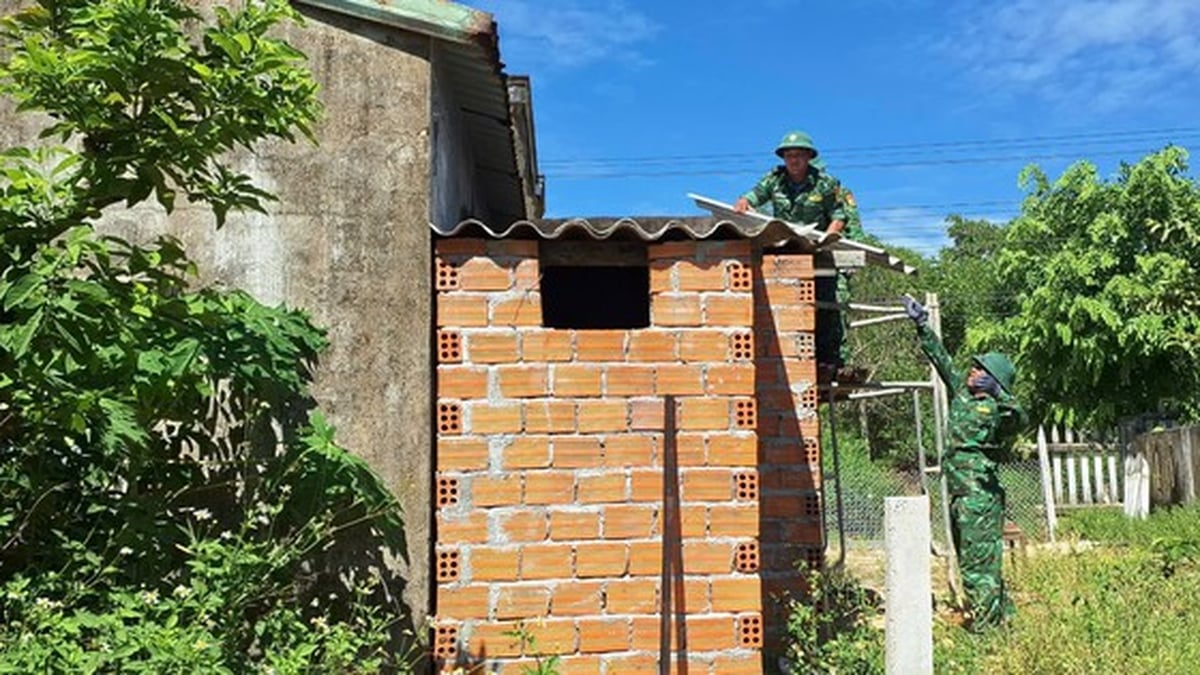




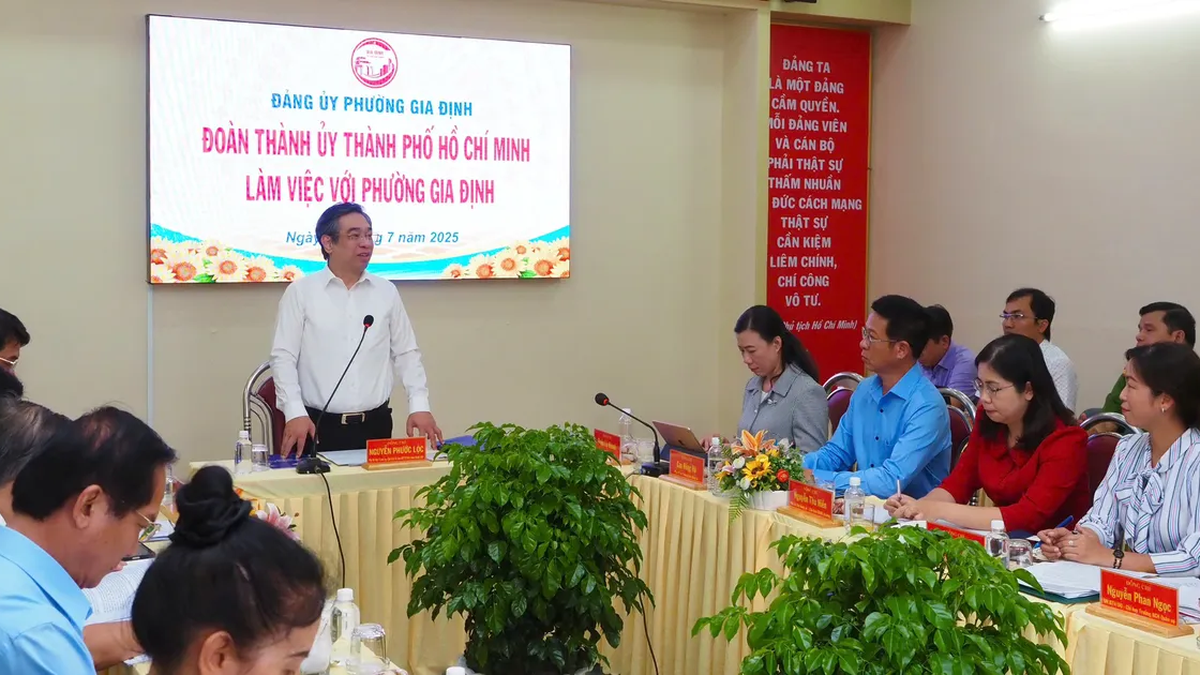


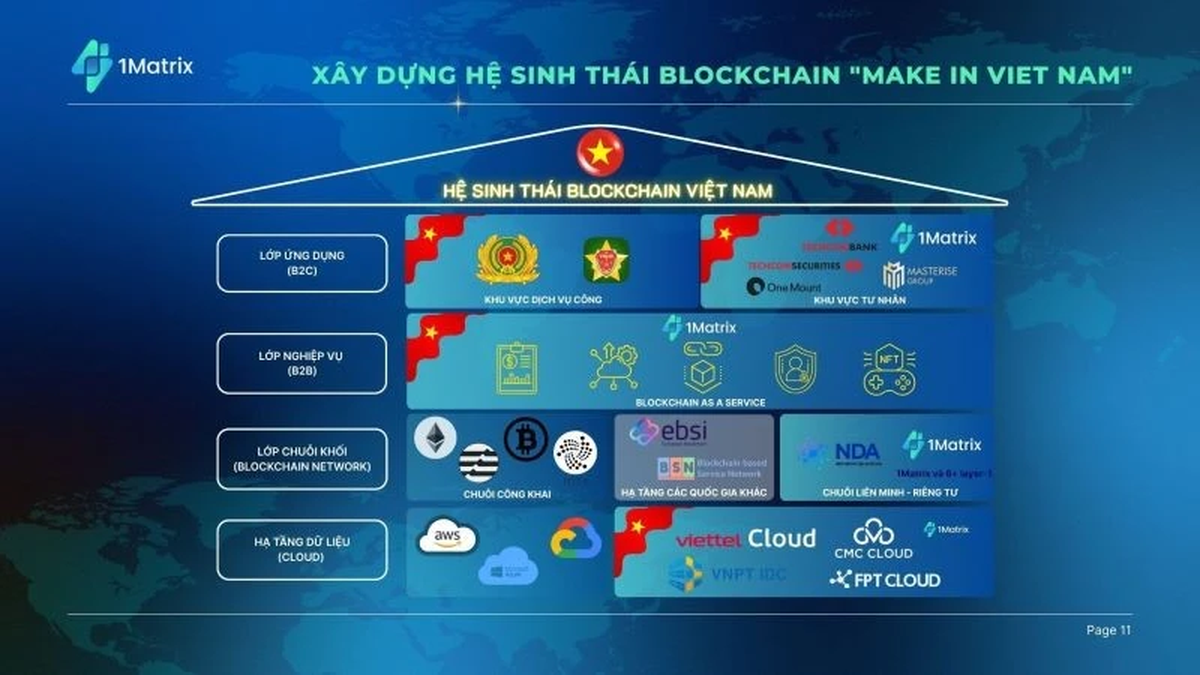

































































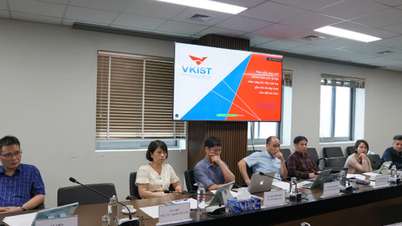
















![[Infographic] In 2025, 47 products will achieve national OCOP](https://vphoto.vietnam.vn/thumb/402x226/vietnam/resource/IMAGE/2025/7/16/5d672398b0744db3ab920e05db8e5b7d)





Comment (0)